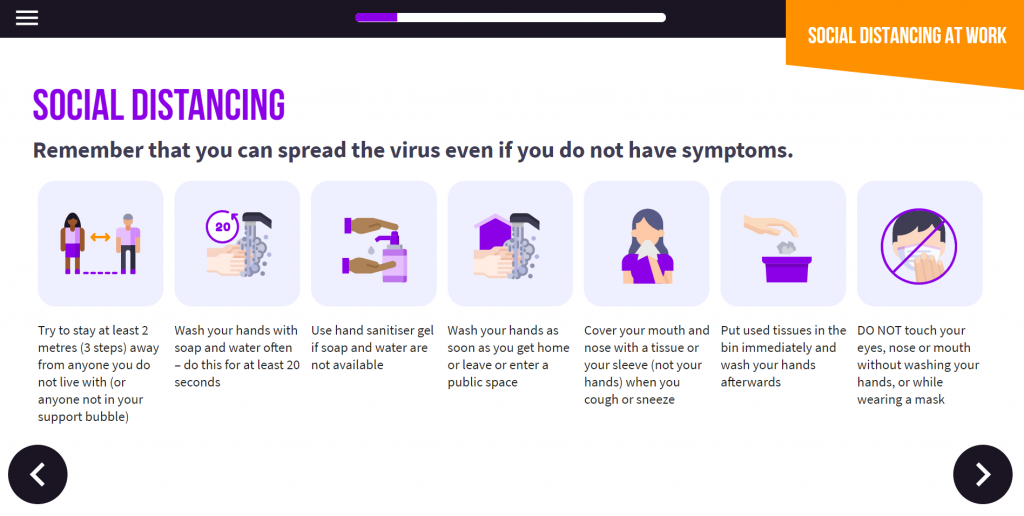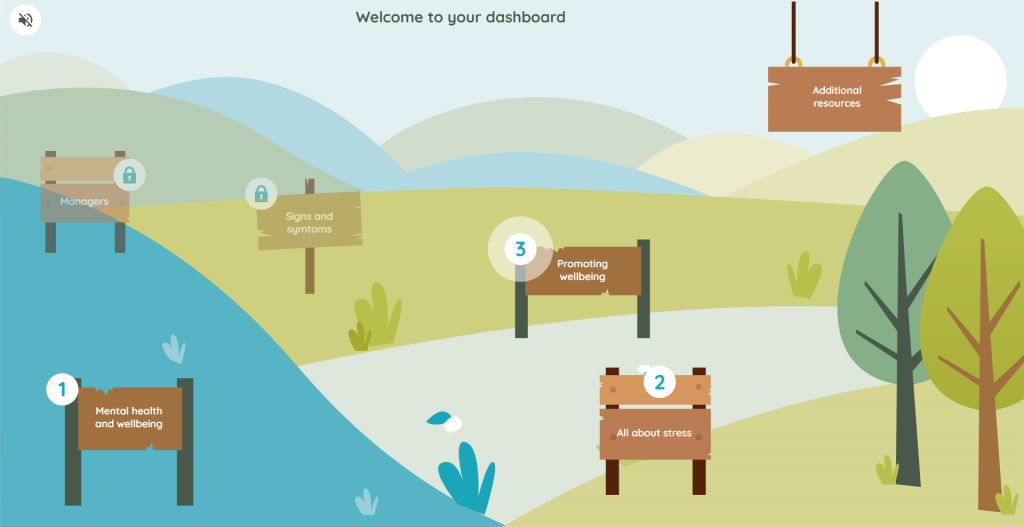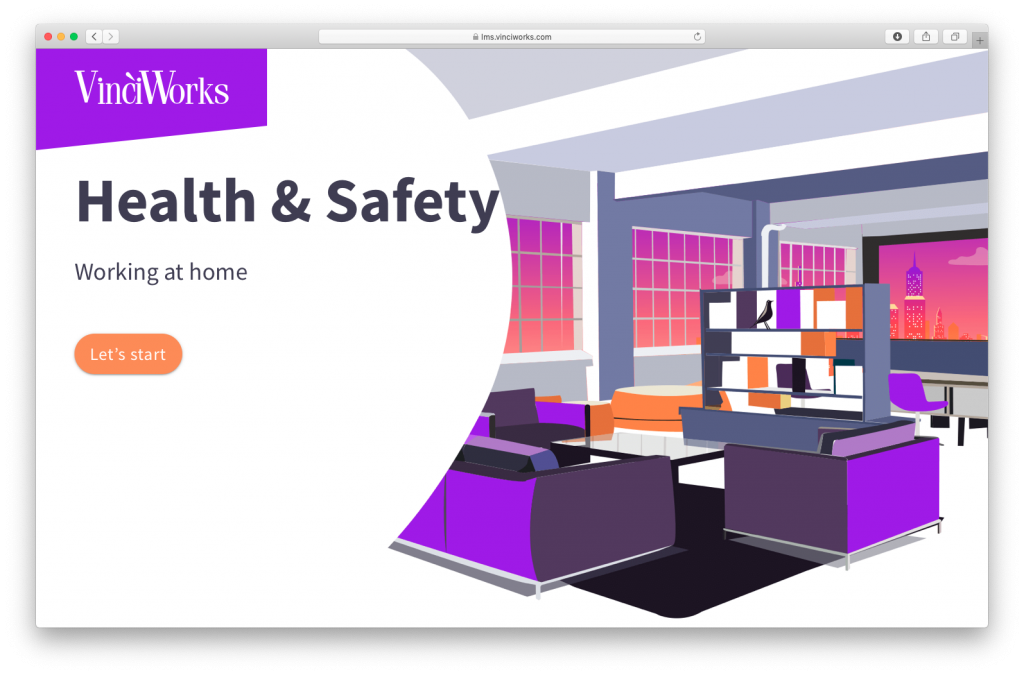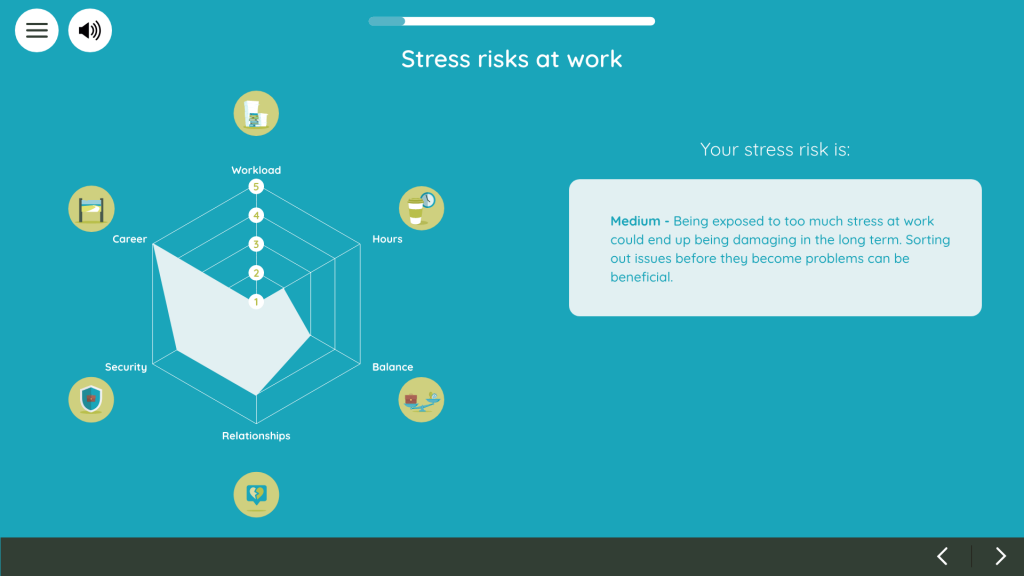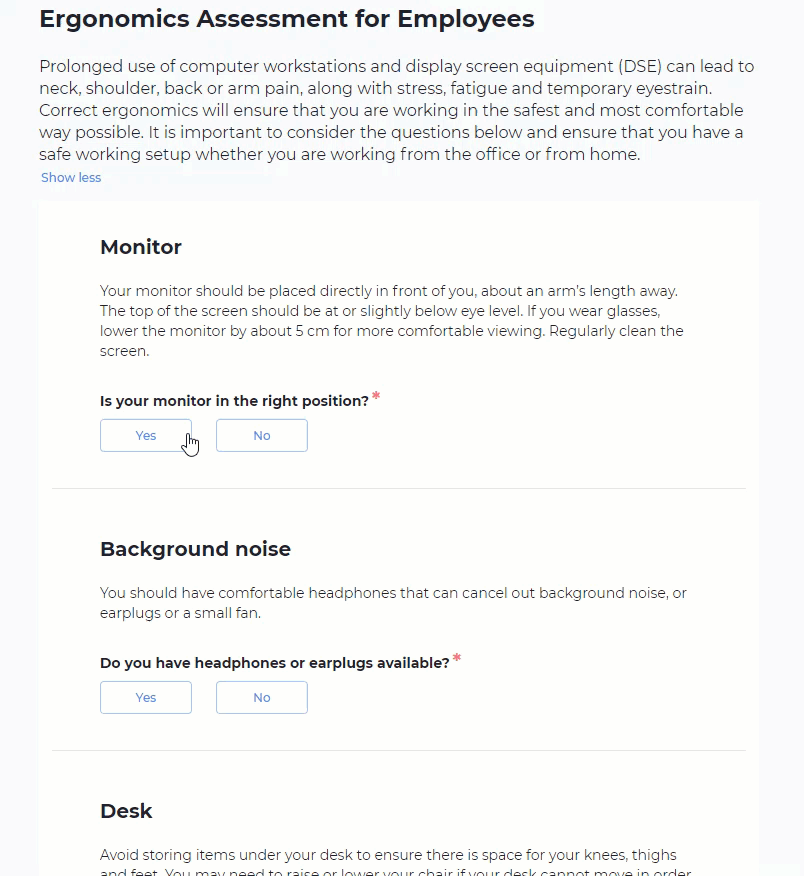
The DSE Regulations require that employers provide their staff with a suitable workstation, as well as taking steps to protect them from the risks of working with display screen equipment. Using DSE (i.e. PCs, laptops, tablets and smartphones) for extended periods or using them incorrectly can result in fatigue, eye strain, upper limb problems, back and neck problems, repetitive strain injury, stress, headaches and more.
Continue reading
